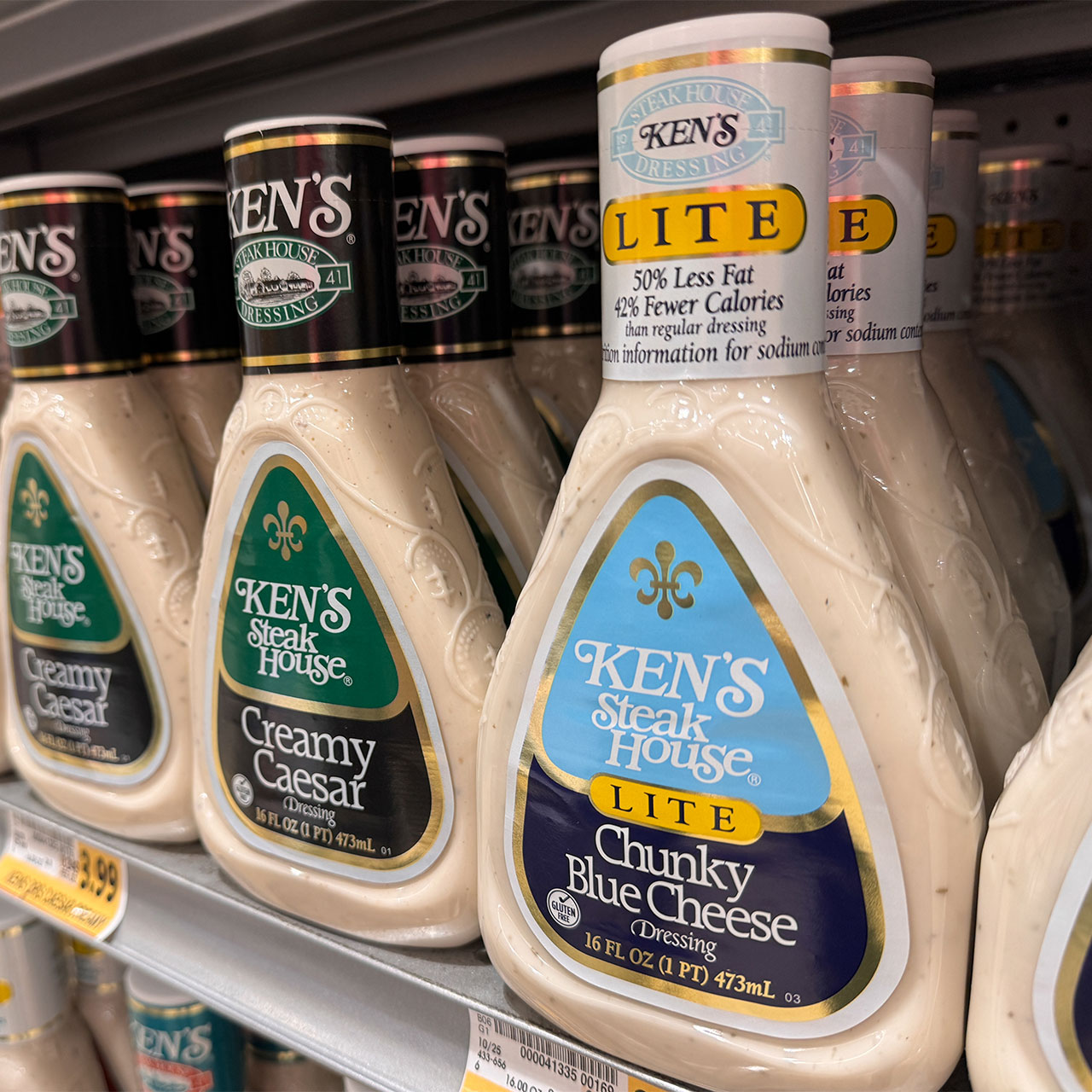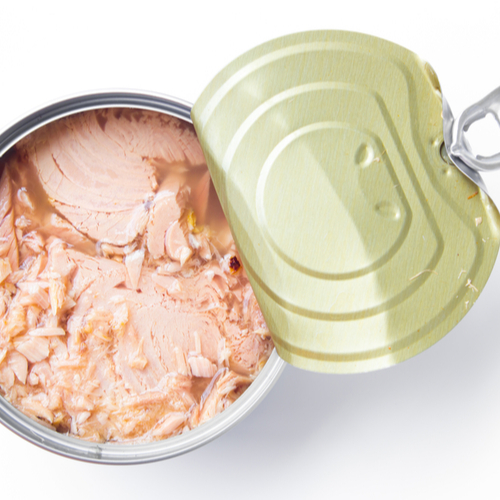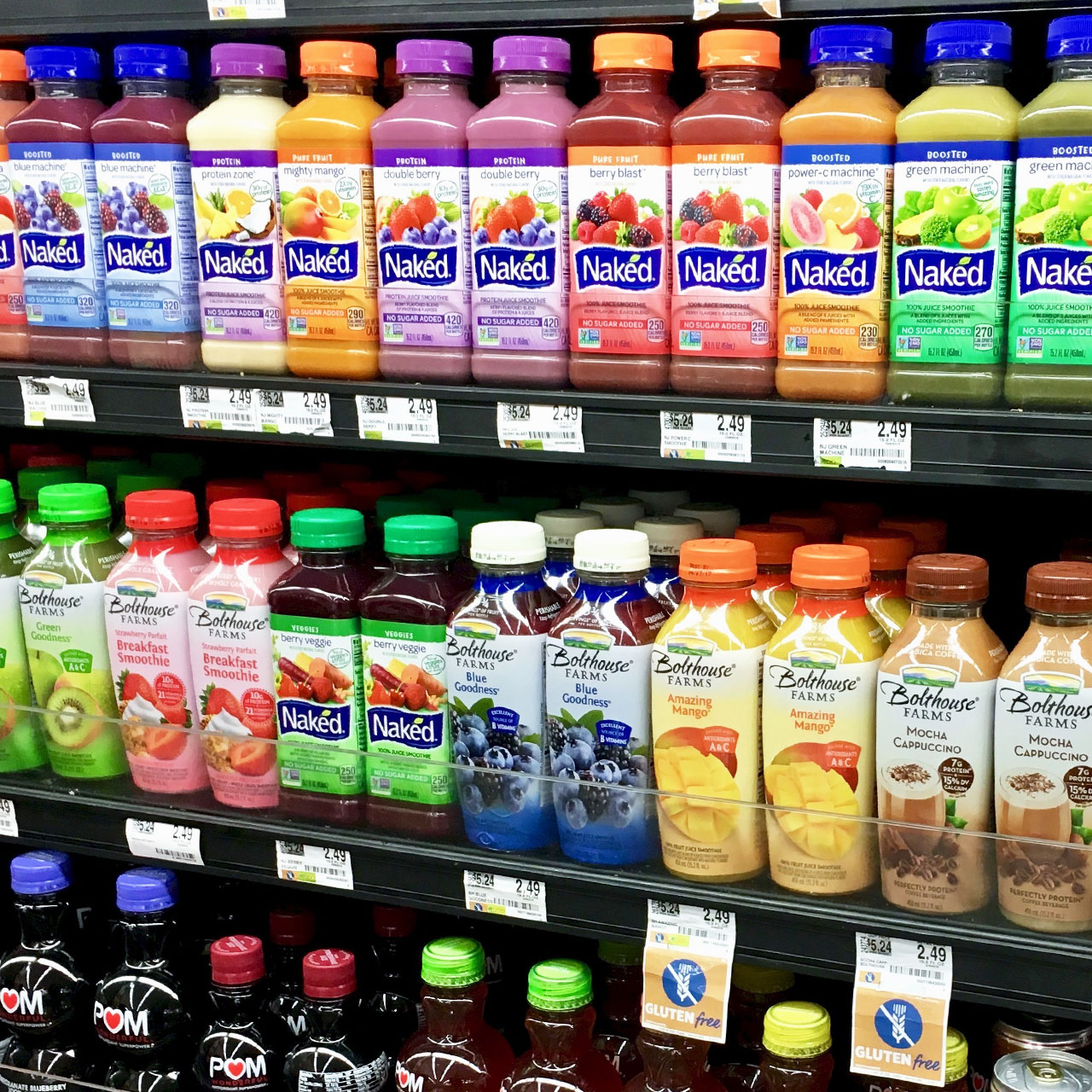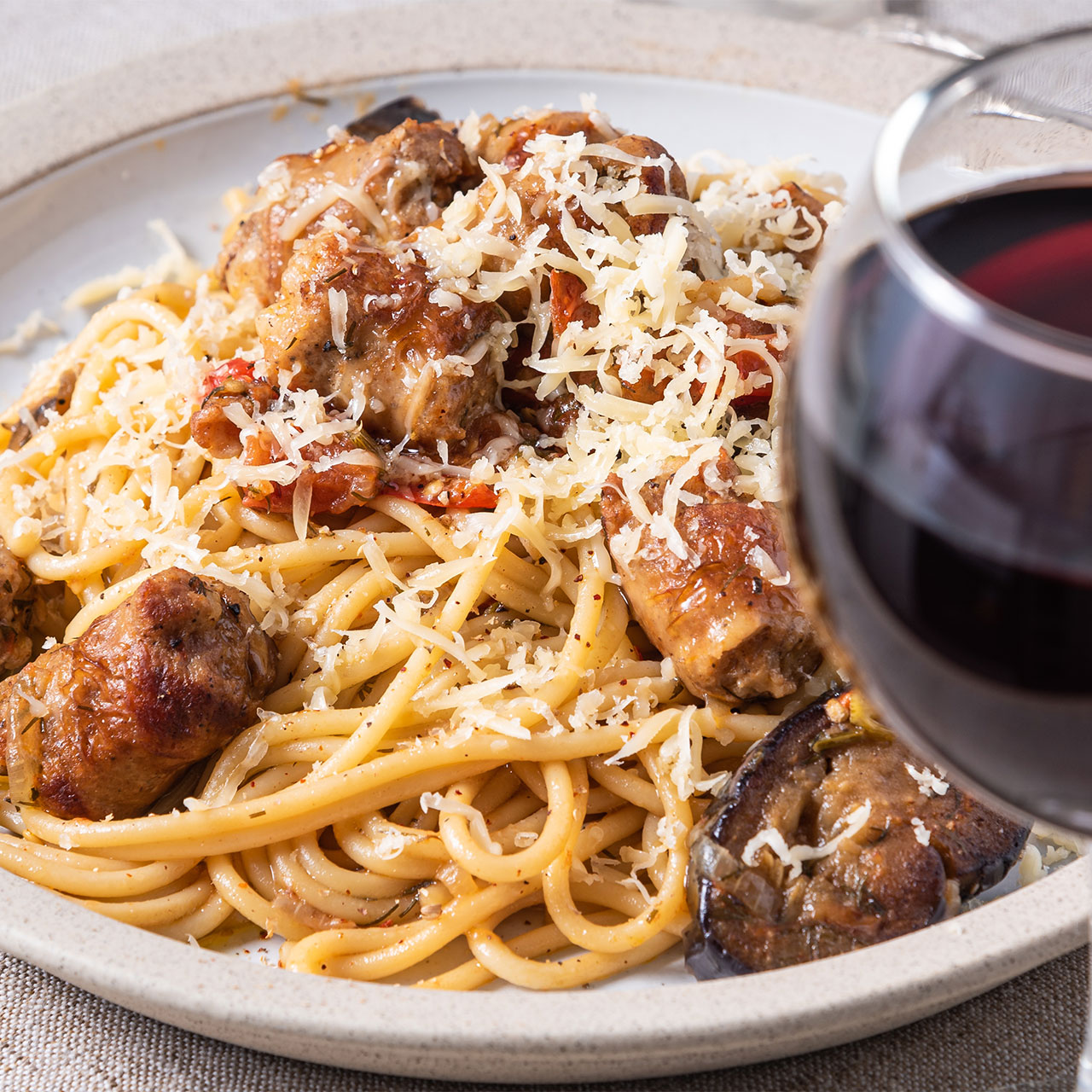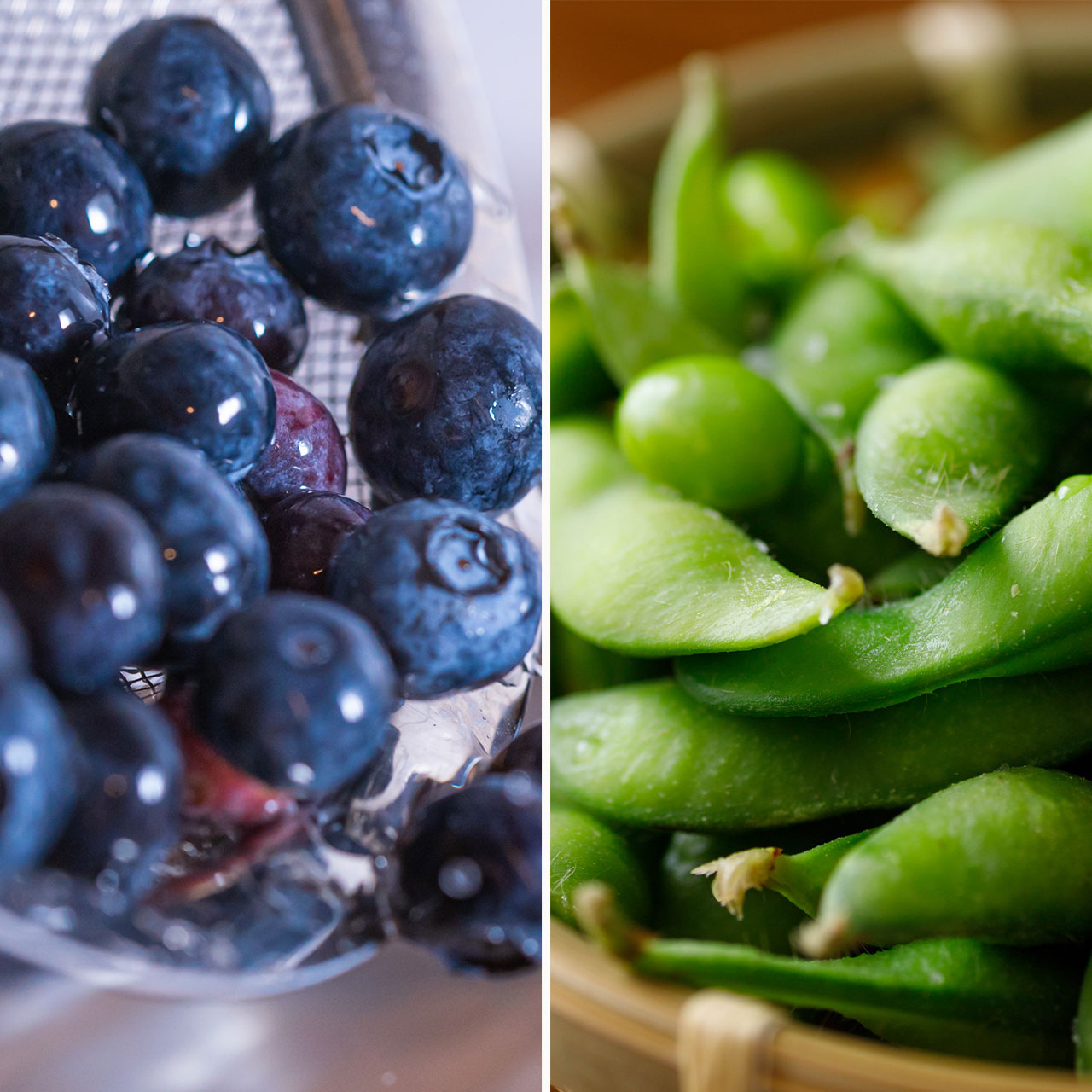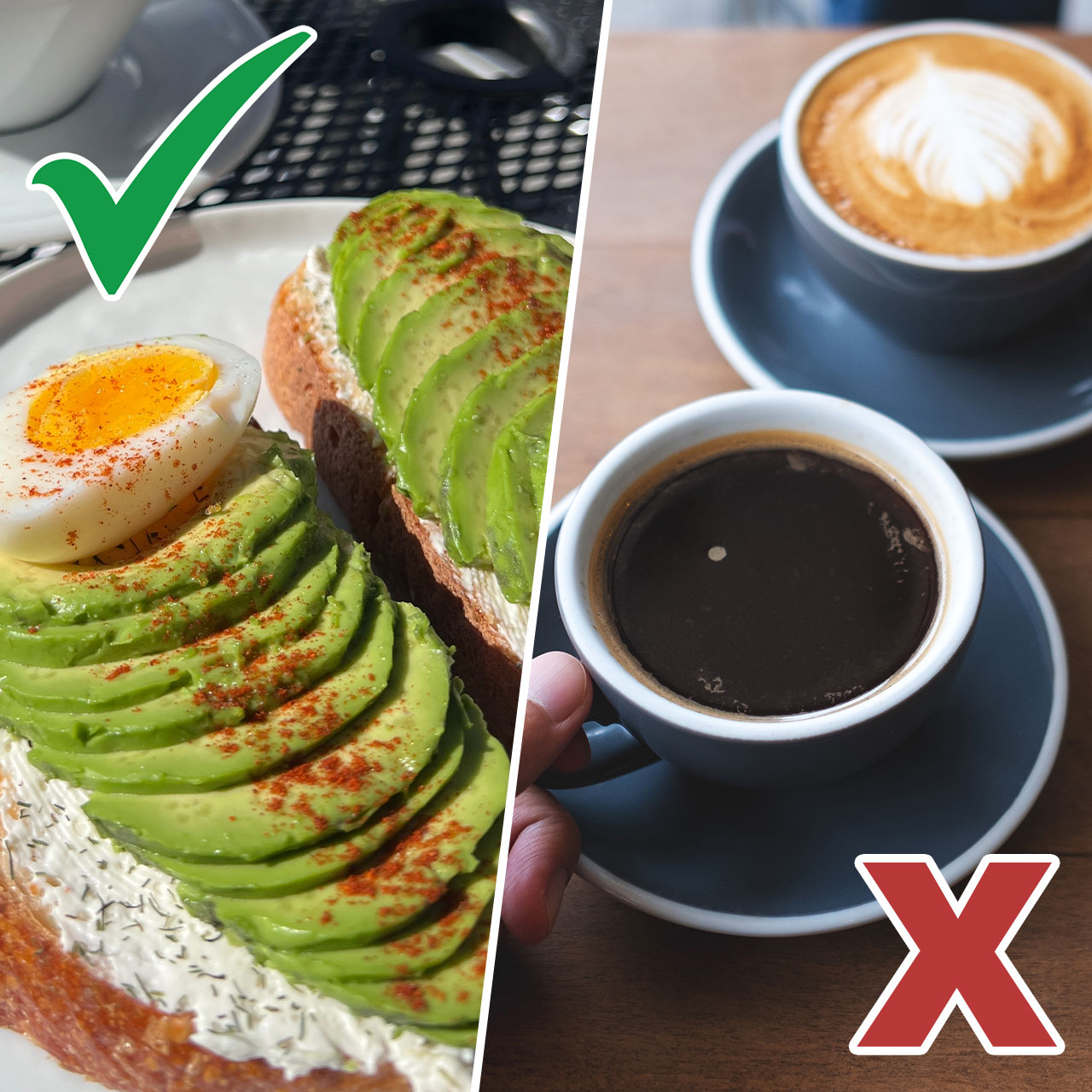This is an archived article and the information in the story may be outdated. Please check the time stamp on the story to see when it was updated last.
Tuna lovers were dismayed to learn that Subway was involved in a lawsuit over the contents of their tuna salad, and now comes more bad news: nutritionists say its not a good food to order at *any* restaurant (not just Subway).
Why should you avoid it? It’s a one-two punch: first, you have the potentially high mercury content in the tuna itself, and secondly you have risks associated with the condiments used to make it tuna salad, which can be high in fat (they are often loaded up) as well as the risk of food-borne illness. Yikes!
The Tuna Itself
There are risks associated with the tuna itself.
Tuna is a high mercury food and you don’t know where your tuna salad has been sourced, nutritionist Lisa Richards, CNC, of The Candida Diet tells us.
On the topic of mercury, the rule of thumb for seafood is simple: “Large fish such as tuna, shark, and swordfish accumulate more mercury than smaller fish, such as shrimp, salmon, and sardines,” nutritionist and author Marie Ruggles, MS, RD, CN, CDE, explains.
And lastly, there is a question of freshness. “In most restaurants, especially fast food restaurants, the tuna will rarely be fresh,” clinical dietitian Jessica Mason of Kitchen Habit tells us. “It will most likely be out of a packet or a can, and there is no way to know how long it has been opened for. Tuna salad is not the most popular menu choice, so there is a good chance the tuna has been open for 3 days or longer.”
“Restaurants tend to use lower quality canned tuna, which has more mercury than the higher priced pole caught variety,” functional medicine health coach Leeann Rybakov tells us.
The Add-Ons
Secondly, you have the risks associated with the condiments that are mixed with the salad.
“Tuna salads at restaurants are typically loaded with fat and sodium filled ingredients,” Richards tells us. “From mayonnaise to extra salt, restaurant tuna salad is calorie dense and shouldn’t be considered a healthy option.”
“Tuna is often mixed with mayo in a tuna salad and as is the case with the tuna, you just never know how old that mayo is,” Mason says.
“There is also the risk that the mayo has been left sitting in a hot kitchen all day, and then it is mixed with your tuna before it is served to you.” Yikes!




